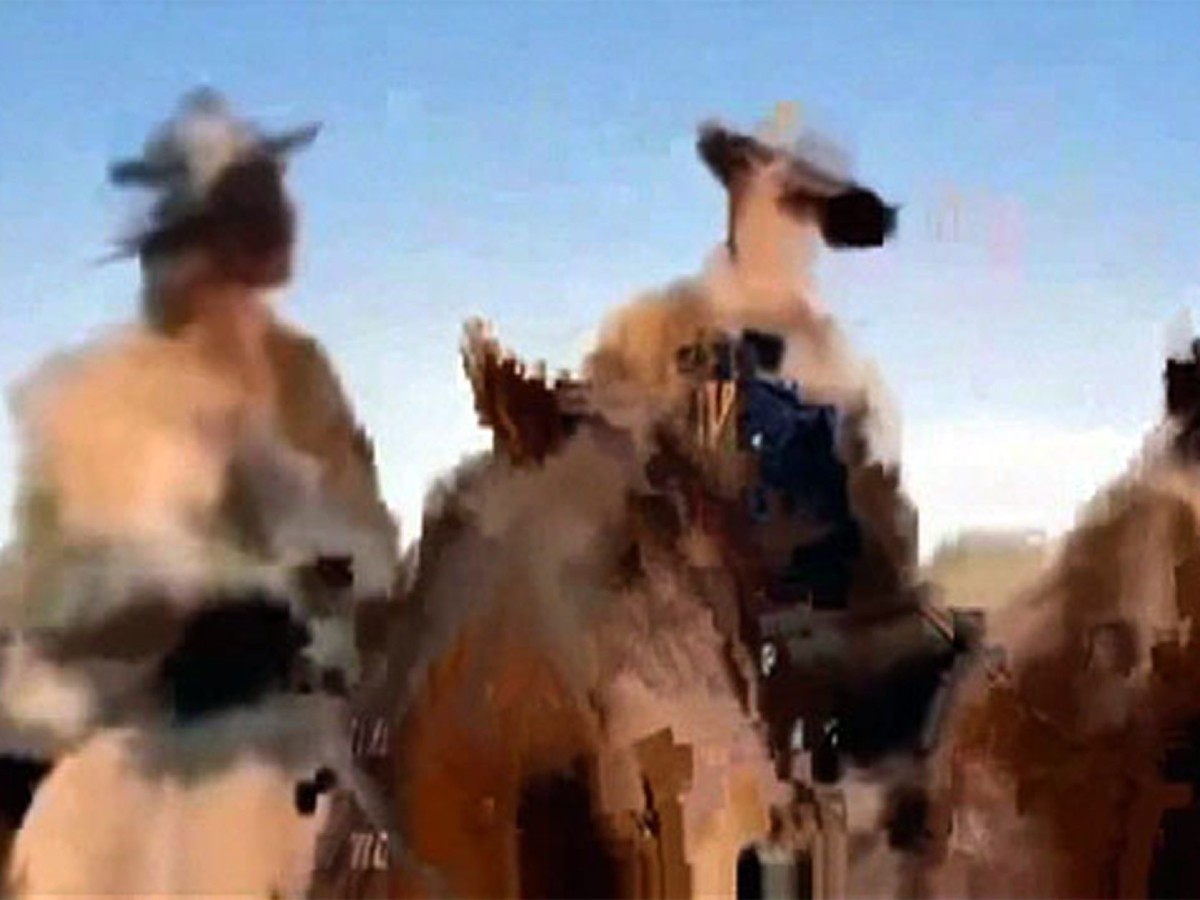In Person:
Rebecca Baron
With a body of work that consists of relatively few films, videos and installations, Los Angeles-based artist Rebecca Baron has covered a wide span of approaches since 1995: medium-length essay films, digital transmutations of avant-garde and Hollywood classics, and research into the political dimensions of photographic media are all present in her oeuvre. In the framework of this first retrospective dedicated to her films, Baron and her partner, media artist Doug Goodwin, will also present a new “work in progress” (Serios) and hold a workshop at Vienna’s Academy of Fine Arts.
A unifying feature of Baron’s art can be found in her engagement with the fault-lines of memory and history, and with the processes by which they are constructed through modern media. For Baron, the images that connect us to the real and to the past become most compelling – and problematic – around the edges: where fact and imagination intersect (as in her 1995 film The Idea of North, the chronicle of a failed 19th century polar expedition). Her masterpiece, okay bye-bye (1998), builds on excerpts from letters, found super-8 footage of an unidentified Cambodian man, photographs from the Vietnam War and other partial images, in an effort to find out whether something as monumental as the genocide during the Pol Pot regime can be examined effectively with traditional methodologies. How Little We Know of Our Neighbors (2005) is another strong example of Baron’s “experimental documentary” mode: a study of the British “Mass Observation Movement” during the 1930s and its relationship to contemporary issues regarding surveillance, public self-disclosure, and privacy.
The multi-part series Lossless (2008) represents a new area of study: in collaboration with Doug Goodwin, Baron has arrived at the historical transformation of film itself. Their computer-based rendering and re-imagining of films such as Meshes of the Afternoon or The Searchers is far from “lossless,” of course; yet there is also something to gain: new forms arising from the “materiality” of the digital.
